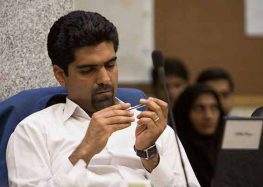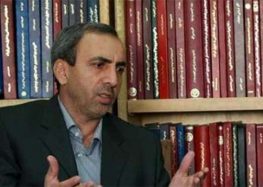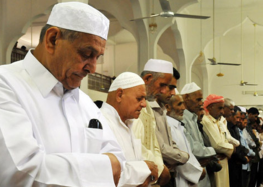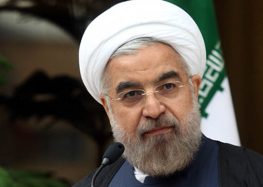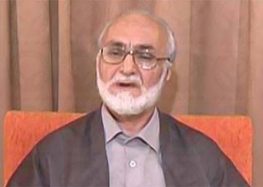Sunni Cleric Charged with Anti-State Activities for Criticizing Mass Execution
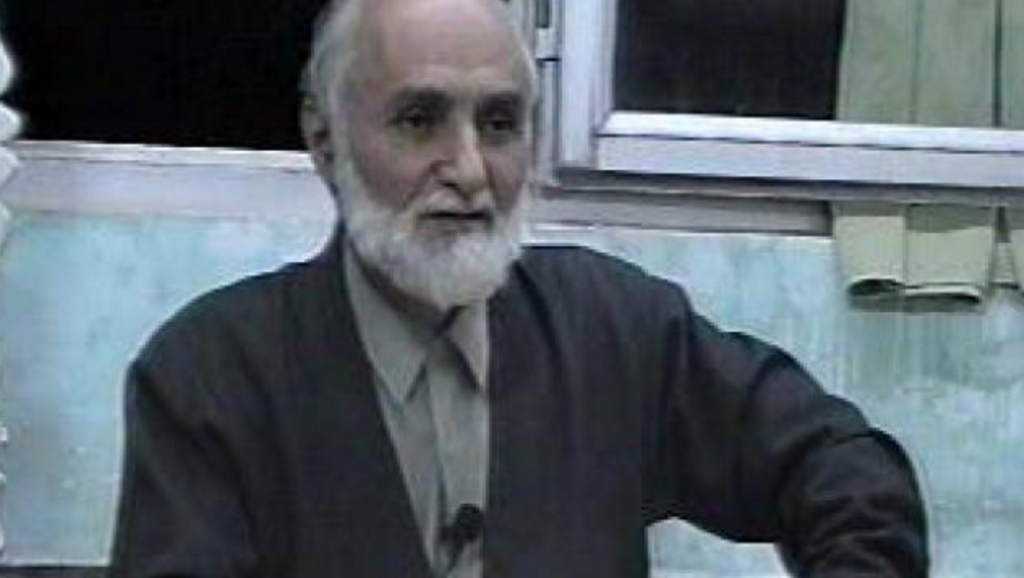 Hassan Amini, a Sunni cleric and Islamic judge based in Sanandaj, the capital of Iran’s Kurdistan Province, has been interrogated and charged for criticizing the recent mass execution of Sunni prisoners.
Hassan Amini, a Sunni cleric and Islamic judge based in Sanandaj, the capital of Iran’s Kurdistan Province, has been interrogated and charged for criticizing the recent mass execution of Sunni prisoners.
“They summoned me [to the Intelligence Ministry’s office in Sanandaj] in connection with a statement I issued about the [executions] and because I had visited [the victim’s] families,” said Amini in an interview with the International Campaign for Human Rights in Iran.
“They said I had acted against the state because my statement had disturbed the public and undermined the Judiciary. They said my visit with the families of the victims meant that I was supporting their positions. They said the Special Court for Clerics had ordered them to interrogate and initiate a case against me,” added Amini, who heads the Imam Bokhara religious school.
In the statement, issued on August 3, one day after the execution of more than 20 Sunni prisoners in Rajaee Shahr Prison in the city of Karaj, Amini expressed sympathy with the families and said the victims “had been denied the most basic religious and legal rights to have a lawyer and defend themselves in an open trial.”
“What is shocking is that the relevant authorities have shown a complete lack of regard for sectarian and religious fires currently burning throughout the Middle East,” he said. “Instead of spreading love, kindness and true solidarity among Shias and Sunnis, the execution of these youths has poured more fuel onto sectarian fires and helped the enemies of religion.”
After releasing the statement, Amini was summoned to the Intelligence Ministry’s branch in Sanandaj and interrogated on August 6 and 7.
“They were very angry about my statement and my decision to visit the families,” Amini told the Campaign. “I told them that those who were executed are gone and finished. All I did was console their parents and siblings… The authorities said I was acting against the state because my statement was prominently reported by many foreign satellite channels.”
Amini continued: “They wanted me to provide a written pledge saying that I would discontinue making statements and visiting these families, but I am not the kind to give such pledges and I didn’t do so.”
Amini spent five years in prison for alleged anti-state activities in the 1980s. In 2009, following Iran’s widely disputed presidential election and the resulting peaceful protests that were met with violent state repression, he was detained for a few days and released on bail in July. Later that year he was banned from traveling abroad.
Hashemi Hossein Panahi, a Sunni religious scholar, was also summoned and interrogated by Intelligence Ministry officials in Sanandaj on August 8 for criticizing the recent mass execution, the Campaign has learned.

